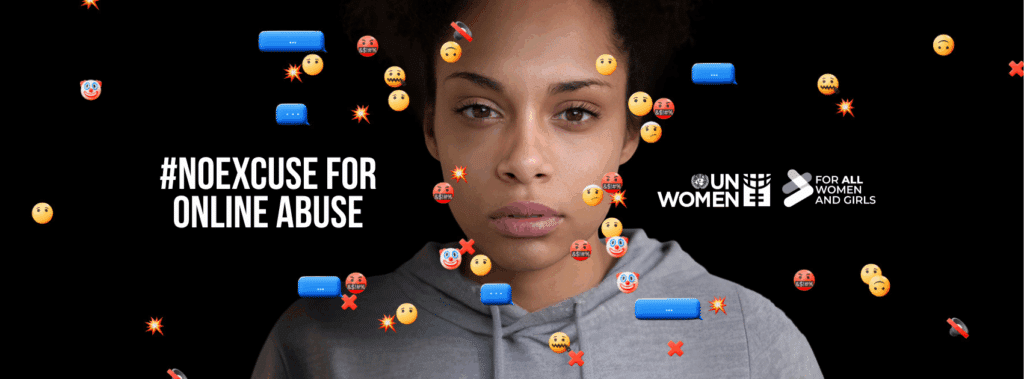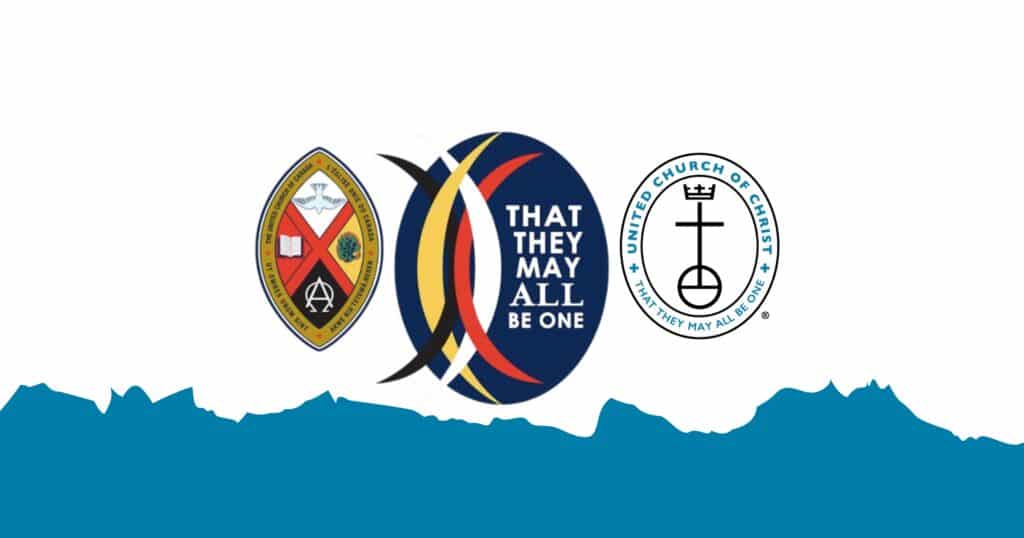General Synod overwhelmingly calls for “full marriage equality”
Delegates wrestled with the resolution for about an hour before casting a decisive vote in favor of the resolution that was refined and recommended late Sunday by a 54-member Synod committee. The document was altered by only one amendment, which delegates readily accepted, that expressed a spirit of concern for those who must deal with the resolution’s impact in the months ahead.
When debate was closed — with only a whimper of opposition — a hush fell over the great hall of Atlanta’s Georgia World Conference Center. The Rev. Bernice Powell Jackson, executive minister of Justice and Witness Ministries, then asked moderator Eric C. Smith, who led the proceedings, for a moment of collective prayer. Delegates prayed silently.
Moments later, when voting began, a horde of raised hands — holding green voting cards — told the world that the resolution had passed overwhelmingly. Afterwards, instead of loud applause, there was a dignified moment of stillness broken only by the voice of the Rev. John H. Thomas who offered a prayer.
“Lord Jesus…We give thanks for your presence, especially here this morning,” the UCC’s general minister and president prayed in a soft, pastoral voice. “We have felt your warm embrace, stilling us as we tremble with joy, with hope, with fear, with disappointment…Let us use our hands not to clap, but to wipe away every tear…”
As the plenary adjourned for lunch, the mood remained as one would expect after a service of worship, rather than a session of earnest debate and serious deliberation. The most demonstrative sights were those of couples of all ages and genders locked in tearful embraces of thanksgiving for what Thomas would later also refer to as “freedom.”
Later, in a press conference, Thomas acknowledged that it was not lost on the gathering that this historic stand was taken on the nation’s Independence Day.
“On this July Fourth the General Synod of the United Church of Christ has acted courageously to declare freedom, affirming marriage equality, affirming the civil rights of same gender couples to have their relationships recognized as marriages by the state, and encouraging our local churches to celebrate and bless those marriages,” he said.
Thomas also acknowledged that the issue of marriage equality is “the source of great conflict” not only in society but also in the churches. The UCC, he said, “is no exception” and “there are clearly great differences among our own members over this.”
Synod action, he added, “does not presume a consensus of opinion among our members or our local churches, which are free and responsible to come to their own mind of this as on any other (issue). The General Synod speaks to and not for our local churches.”
When asked, Thomas declined to speculate on whether the passage of the resolution could cause some churches to leave the denomination.
During the plenary debate, an amendment to, in effect, change “marriage” to “covenantal relationship” elicited a lively exchange for a few minutes but did not come close to approval because the body felt it substantially changed the focus of the resolution. Another proposed amendment — that failed to garner only a handful of votes — would have postponed action until the 2007 General Synod in Hartford, Conn.
But there was ready acceptance of a friendly suggestion to insert words in a transition paragraph of the “resolves” acknowledging “the pain and struggle their passage will engender.”
The marriage equality resolution (1) affirms equal marriage rights for couples regardless of gender and declares that the government should not interfere with couples regardless of gender who choose to marry and share fully in the rights, responsibilities and commitment of legally recognized marriage; (2)affirms equal access to the basic rights, institutional protections and quality of life conferred by the recognition of marriage, (3) calls for an end to rhetoric that fuels hostility, misunderstanding, fear and hatred expressed toward gay, lesbian, bisexual and transgender persons, (4) asks officers of the church to communicate the resolution to local, state and national legislators, urging them to support equal marriage rights, (5) calls upon all settings of the church to engage in serious, respectful and prayerful discussion of the covenantal relationship of marriage and equal marriage rights, (6) calls upon congregations, after prayerful, biblical, theological, and historical study, to consider adopting Wedding Policies that do not discriminate against couples based on gender, and (7) urges congregations and individuals of the UCC to prayerfully consider and support local, state and national legislation to grant equal marriage rights to couples regardless of gender, and to work against legislation, including constitutional amendments, which denies rights to couples based on gender.
Related News
Who’s Next?
This week the Supreme Court agreed to oral arguments on the challenges to Presidential...
Read MoreGender and Sexuality Justice Ministries joins global movement to end violence against women, children
The Gender and Sexuality Justice Ministries (GSJM) of the United Church of Christ has joined...
Read MoreUCC and United Church of Canada celebrate a decade of ‘shared mission, mutual accountability, common hope in Christ’
Ten years ago, the United Church of Christ (UCC) and The United Church of Canada (UCCan)...
Read More

